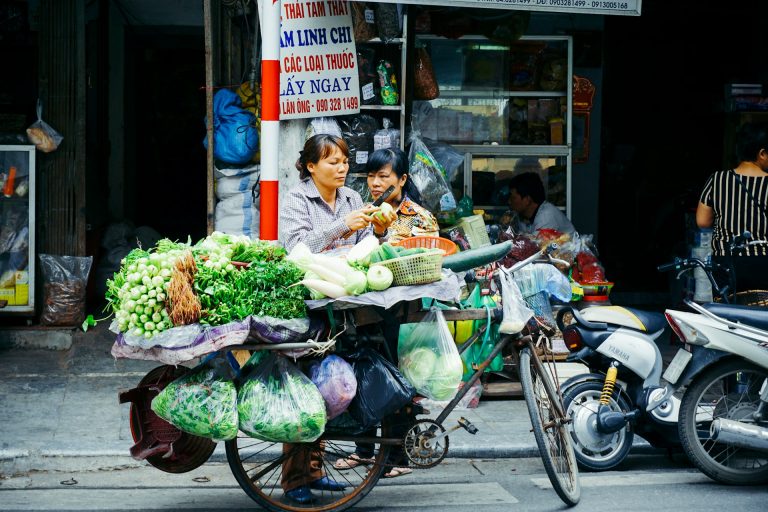Insulin resistance is a condition where the body’s cells become less responsive to the hormone insulin, leading to elevated blood glucose levels. This can eventually result in type 2 diabetes and other metabolic disorders. While insulin resistance is a global health issue, certain populations, including Asians, exhibit unique patterns in its prevalence and manifestation due to a combination of genetic and lifestyle factors.
Genetic Predispositions
Research indicates that Asians might have a higher genetic predisposition to insulin resistance compared to other ethnic groups. Several genetic variations have been identified that contribute to this susceptibility. For example, the gene TCF7L2, which plays a crucial role in insulin secretion and glucose production, is more commonly found in Asians. Additionally, variations in the PPARG gene, which influences fat storage and glucose metabolism, also appear to be more prevalent.
Moreover, studies have shown that Asians tend to develop insulin resistance and type 2 diabetes at lower body mass index (BMI) levels than Caucasians. This suggests that even a modest increase in weight can significantly impact insulin sensitivity in Asian individuals. The “thin-fat” phenotype, where individuals have a normal BMI but high visceral fat, is often observed in Asians, contributing to insulin resistance and metabolic syndrome.
Lifestyle and Dietary Factors
Lifestyle and dietary habits also play a significant role in the prevalence of insulin resistance among Asians. Traditional Asian diets, rich in white rice and refined carbohydrates, can lead to rapid spikes in blood sugar levels. While white rice is a staple in many Asian cuisines, its high glycemic index can contribute to insulin resistance when consumed in large quantities.
In recent decades, the shift towards more Westernized diets, high in processed foods and sugars, has exacerbated the problem. Increased consumption of sugary beverages, fast food, and high-calorie snacks has led to rising obesity rates, further increasing the risk of insulin resistance.
Physical activity levels have also declined, particularly in urban areas, contributing to higher rates of obesity and metabolic disorders. Sedentary lifestyles, combined with high-stress levels associated with modern urban living, can exacerbate insulin resistance and other health issues.
Preventive Measures and Lifestyle Modifications
Addressing insulin resistance in Asian populations requires a multifaceted approach. Here are some strategies that can help mitigate the risk:
- Dietary Changes: Shifting towards a diet rich in whole grains, vegetables, fruits, lean proteins, and healthy fats can improve insulin sensitivity. Reducing the intake of refined carbohydrates and sugars is crucial. Incorporating traditional foods like legumes, vegetables, and fermented products, which are low in glycemic index and high in nutrients, can be beneficial.
- Regular Physical Activity: Engaging in regular physical exercise, such as brisk walking, jogging, cycling, or yoga, can help improve insulin sensitivity and reduce visceral fat. Strength training exercises are also effective in building muscle mass, which aids in better glucose utilization.
- Weight Management: Maintaining a healthy weight through balanced nutrition and regular exercise is vital. Even modest weight loss can significantly improve insulin sensitivity in individuals who are overweight or obese.
- Stress Management: High-stress levels can negatively impact insulin sensitivity. Incorporating stress-reducing activities such as meditation, deep breathing exercises, and hobbies can help manage stress effectively.
- Regular Health Screenings: Early detection of insulin resistance and related metabolic disorders can prevent complications. Regular health check-ups, including blood glucose and lipid profile tests, are essential, especially for those with a family history of diabetes.
Conclusion
Insulin resistance is a significant health concern for Asian populations due to genetic predispositions and lifestyle factors. Understanding these unique aspects is crucial for developing targeted interventions and preventive measures. By adopting healthier dietary practices, engaging in regular physical activity, managing stress, and undergoing regular health screenings, individuals can effectively combat insulin resistance and improve their overall health and well-being.

